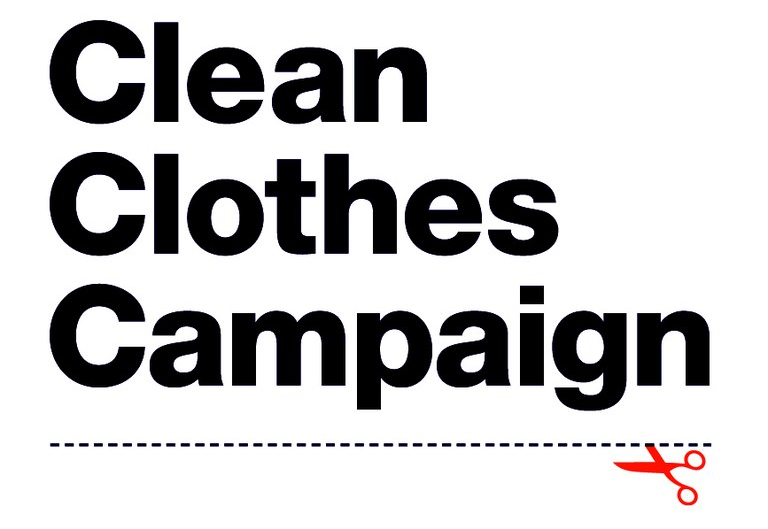Search results
8 results
Sort by:
Activists demand UNIQLO pay workers what they are due
On International Women's Day a coalition of global campaigners are organising a series of actions aimed at the Japanese-owned corporation UNIQLO. The immediate goal is for UNIQLO to take responsibility for 4,000 workers in their supply chain. Protests in front of UNIQLO's stores are taking place in Hong Kong on Wednesday, running parallel to a letter petition targeting UNIQLO's CEO.
German brands s.Oliver and Gerry Weber targeted by protesters in Indonesia
Two Indonesian trade unions organised a protest in front of the German Embassy in Jakarta today (30 March). Protesters brought attention to the responsibility that German brands s.Oliver and Gerry Weber have for thousands of workers who lost their jobs when these brands' Indonesian supplier Jaba Garmindo closed down in 2015.
Demonstrations at Bangladeshi embassies demand respect for garment workers’ rights
This week labour activists and trade unionists around the world are expressing their solidarity with garment workers in Bangladesh through demonstrations in front of Bangladeshi embassies and consulates in cities around the world.
Garment brands and manufacturers must condemn the military coup and support workers in Myanmar
Joint statement of solidarity with workers in Myanmar
Bangladesh government proposes new poverty wage of 12,500 BDT ($113) per month, ignoring the workers’ desperate calls
Bangladesh’s labour ministry proposed a new minimum wage for the country’s 4.4 million garment workers at 12,500 BDT (113 USD) on Tuesday 7 November. The amount is far below the trade union demand of 23,000 BDT, a wage that research studies confirm is the minimum required to place workers above the poverty line.
Statement on the crisis faced by garment workers in Sri Lanka
Sri Lanka’s garment workers have been bearing the brunt of the financial and political crisis that has haunted the country for over 1.5 years, with high inflation and currency devaluation pushing workers into poverty while the government and employers repress their right to organise. With the government now rushing through procedurally unsound changes to labour laws, and domestic debt restructuring measures targeting workers’ social security funds, garment workers in Sri Lanka will be deprived of even more basic rights and protections against precarity.
Solidarity with the peoples’ movement in Bangladesh
The Clean Clothes Campaign Network stands in solidarity with the people of Bangladesh who were brutalized by the Bangladeshi government and condemns all violence against peaceful protesters. The protests that erupted in July and met with violent repression from the government resulted in at least 300 deaths. On 5 August, the protests led to the ousting of the prime minister.
